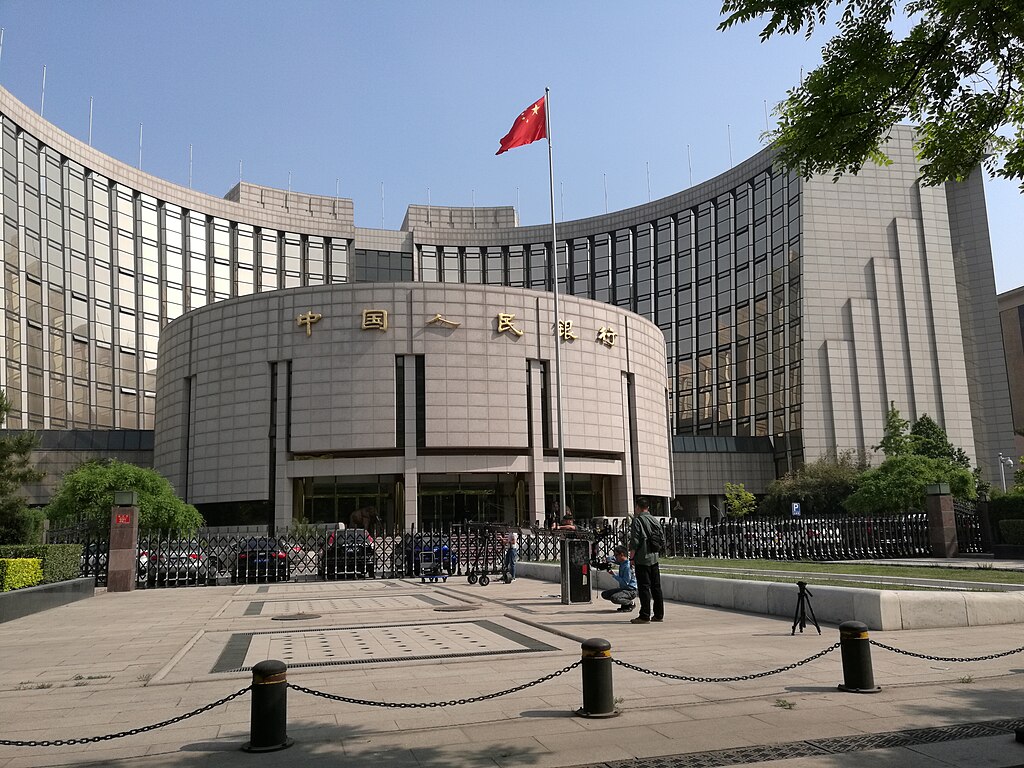
Patricia Justino
Professor and Senior Research Fellow, World Institute for Development Economics Research (UNU-WIDER), United Nations University
Professor Patricia Justino is a development economist who works at the interface between Development Economics and Political Science. She is a leading expert on political violence and development, and the co-founder and co-director of the Households in Conflict Network. She is currently a Senior Research Fellow at UNU-WIDER and Professorial Fellow at the Institute of Development Studies (IDS) in Brighton, UK (on leave).
Professor Justino’s research focuses on the relationship between political violence, institutional transformation, governance and development outcomes. She has led major research programmes funded by the European Commission, the UK Economic and Social Research Council (ESRC) and the UK Department for International Development (DFID). She is currently the director of a ESRC large grant project on the relationship between inequality, social trust and governance outcomes.
Professor Justino’s research has been published in leading international journals such as the Journal of Development Economics, Journal of Conflict Resolution, the Journal of Peace Research, and the World Bank Economic Review, and is the lead author of A Micro-Level Perspective on the Dynamics of Conflict, Violence and Development (Oxford University Press). She has held several advisory positions in major international organizations, including Action Aid, DFID, FAO, UNDP, UNESCO, UNICEF, UN Women, USAID, and the World Bank. She was the director of the MICROCON research programme and deputy director of the TAMNEAC Initial Training Network.
Professor Justino holds a MPhil in Economics from the University of Cambridge and a PhD in Economics from the University of London. She has held visiting positions at Harvard University (2007-09) and the European University Institute (2017), among others.

Beyond Ukraine and Gaza: five consequences of overlooking other conflicts
Nov 12, 2024 04:39 am UTC| Insights & Views
The years since 2020 have been one of the most violent periods since the end of the second world war. The war in Ukraine and the escalating violence in the Middle East have dominated global headlines and captured the...
Development aid cuts will hit fragile countries hard, could fuel violent conflict
Nov 19, 2023 06:01 am UTC| Economy
Fragile and least developed countries have had their development assistance cut drastically, according to the Organisation for Economic Co-operation and Development. For instance, net official development assistance to...

Populism in Brazil: how liberalisation and austerity led to the rise of Lula and Bolsonaro
Oct 01, 2020 15:42 pm UTC| Politics Economy
While the rise of populist politicians in the Europe and the US gets a lot of attention from the media and researchers alike, the drivers of the populism taking hold in emerging and developing economies still receives...
- Market Data



































